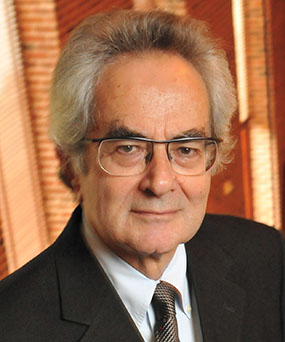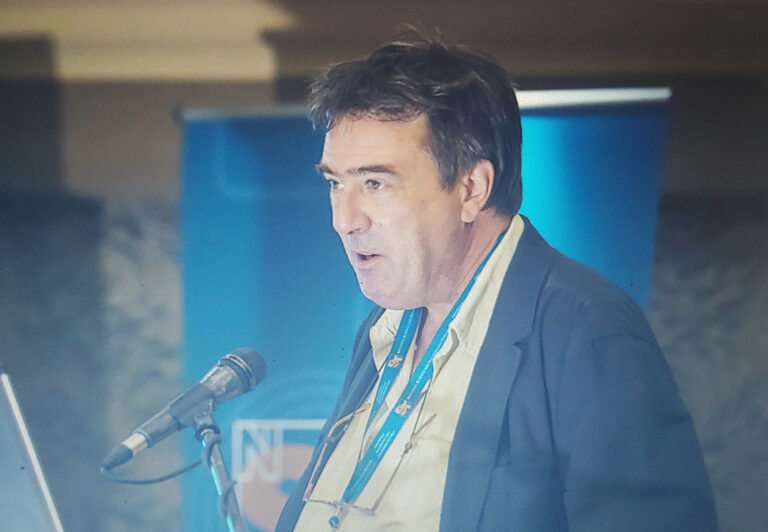While philosophers have been and continue to be involved in NSF-funded projects, this new emphasis on ethics suggests a possible increase in opportunities for philosophers working in ethics, political philosophy, philosophy of science, philosophy of technology, and related areas to have an influence on the shape of scientific research.

(3) GUIDANCE.—The Director shall solicit stakeholder input to develop clear guidance on what constitutes a foreseeable or quantifiable risk as described in paragraph (2)(A), and to the extent practicable harmonize this policy with existing ethical policies or related requirements for human subjects.
Section 7 (“Fundamental Research”), subsection (d), includes a recommendation to incorporate ethical considerations into the research design and review process for Federal funding of basic scientific research, a requirement that funding proposals include ethics statements, and the creation of grants for projects on the ethics of NSF-funded research and its upshots. Here’s the text from that section:
The entire bill is here.
The U.S. House of Representatives Committee on Science, Space, and Technology has introduced a bill for the funding of the National Science Foundation (NSF) that includes a noticeable emphasis on ethics in science.

The bill also includes a provision to establish a “Directorate for Science and Engineering Solutions.” Among the responsibilities of this office would be to incorporate a consideration of ethical, legal, and societal implications into the NSF’s priority-setting and funding decisions (Section 9(j)).
(d) RESEARCH ETHICS.—
(4) RESEARCH.—The Director shall award 25 grants, on a competitive basis, to institutions of higher education or non-profit organizations (or consortia of such institutions or organizations) to support—
(A) research to assess the potential ethical and societal implications of Foundation-supported research and products or technologies enabled by such research, including the benefits and risks identified pursuant to paragraph (2)(A); and
(B) the development and verification of approaches to proactively mitigate foreseeable risks to society, including the technical and so13 cial solutions identified pursuant to paragraph (2)(B).
(1) SENSE OF CONGRESS.—It is the sense of Congress that—
(A) a number of emerging areas of research have potential ethical, social, safety, and security implications that might be apparent as early as the basic research stage;
(B) the incorporation of ethical, social, safety, and security considerations into the research design and review process for Federal awards, may help mitigate potential harms before they happen;
(C) the Foundation’s agreement with the Academies to conduct a study and make recommendations with respect to governance of research in emerging technologies is a positive step toward accomplishing this goal; and
(D) the Foundation should continue to work with stakeholders to understand and adopt policies that promote best practices for governance of research in emerging technologies at every stage of research
(via Zachary Pirtle)
[from the “Hypochondria” series by Klari Reis]
(2) ETHICS STATEMENTS.—Drawing on stakeholder input, not later than 18 months after the date of enactment of this Act, the Director shall
amend award proposal instructions to include a requirement for an ethics statement to be included as part of any proposal for funding prior to making the award. Such statement shall be considered by the Director in the review of proposals, taking into consideration any relevant input from the peer-reviewers for the proposal, and shall factor into award decisions as deemed necessary by the Director. Such statements may include, as appropriate—
(A) any foreseeable or quantifiable risks to society, including how the research could enable products, technologies, or other outcomes that could intentionally or unintentionally cause significant societal harm;
(B) how technical or social solutions can mitigate such risks and, as appropriate, a plan to implement such mitigation measures; and
(C) how partnerships and collaborations in the research can help mitigate potential harm and amplify potential societal benefits.
(5) ANNUAL REPORT.—The Director shall encourage awardees to update their ethics statements as appropriate as part of the annual reports required by all awardees under the award terms and conditions.




